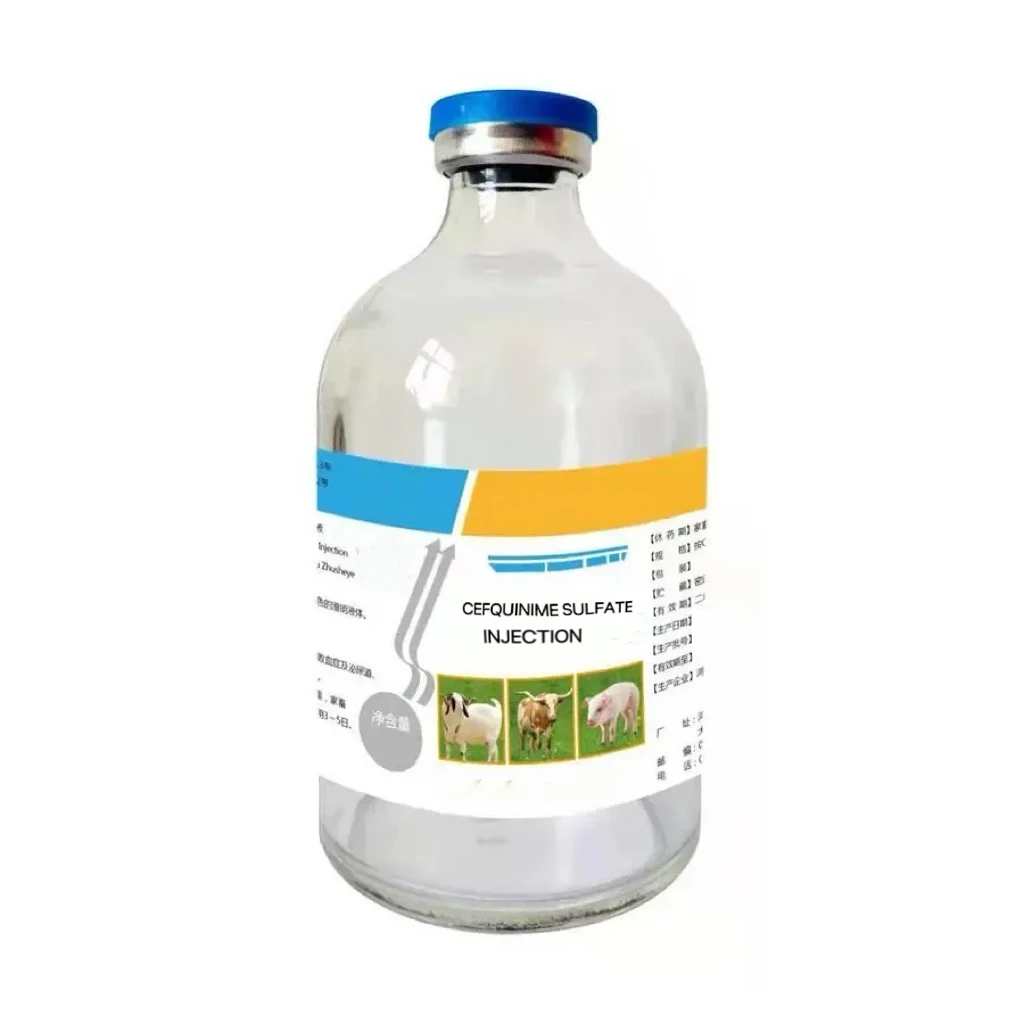- Afrikaans
- Albanian
- Amharic
- Arabic
- Armenian
- Azerbaijani
- Basque
- Belarusian
- Bengali
- Bosnian
- Bulgarian
- Catalan
- Cebuano
- Corsican
- Croatian
- Czech
- Danish
- Dutch
- English
- Esperanto
- Estonian
- Finnish
- French
- Frisian
- Galician
- Georgian
- German
- Greek
- Gujarati
- Haitian Creole
- hausa
- hawaiian
- Hebrew
- Hindi
- Miao
- Hungarian
- Icelandic
- igbo
- Indonesian
- irish
- Italian
- Japanese
- Javanese
- Kannada
- kazakh
- Khmer
- Rwandese
- Korean
- Kurdish
- Kyrgyz
- Lao
- Latin
- Latvian
- Lithuanian
- Luxembourgish
- Macedonian
- Malgashi
- Malay
- Malayalam
- Maltese
- Maori
- Marathi
- Mongolian
- Myanmar
- Nepali
- Norwegian
- Norwegian
- Occitan
- Pashto
- Persian
- Polish
- Portuguese
- Punjabi
- Romanian
- Russian
- Samoan
- Scottish Gaelic
- Serbian
- Sesotho
- Shona
- Sindhi
- Sinhala
- Slovak
- Slovenian
- Somali
- Spanish
- Sundanese
- Swahili
- Swedish
- Tagalog
- Tajik
- Tamil
- Tatar
- Telugu
- Thai
- Turkish
- Turkmen
- Ukrainian
- Urdu
- Uighur
- Uzbek
- Vietnamese
- Welsh
- Bantu
- Yiddish
- Yoruba
- Zulu
Novemba . 09, 2024 14:55 Back to list
Optimal Dosage of Injectable Ivermectin for Goats and Its Administration Guidelines
Understanding Ivermectin Injectable Dosage for Goats
Ivermectin, an antiparasitic medication, is widely used in veterinary medicine to treat a variety of parasitic infections in livestock, including goats. It belongs to a class of medications known as macrocyclic lactones and is effective against a range of parasites, including roundworms, external parasites such as lice and mites, as well as some types of ticks. Correctly dosing ivermectin when treating goats is crucial to ensure the effectiveness of the treatment while minimizing the risk of resistance development and potential side effects.
Importance of Ivermectin in Goat Health
Goats are particularly susceptible to parasitic infections due to their grazing behavior and the environment they live in. Internal parasites, such as hookworms and roundworms, can significantly impact their health by causing weight loss, poor growth rates, and in severe cases, death. External parasites like mites and lice can lead to skin irritations, stress, and decreased productivity. Thus, regular deworming with ivermectin and other antiparasitic medications is crucial for maintaining the health of goats, especially in herds that are at a higher risk of infestation.
Injectable Ivermectin Dosage Guidelines
Ivermectin injectable formulations can vary in concentration, so it’s essential to consult the product label for specific dosing instructions. The typical ivermectin injectable dosage for goats is approximately 1% of body weight. A common guideline is to administer 0.2 mg to 0.3 mg of ivermectin per kilogram of body weight (0.09 to 0.14 mg per pound). This means that for an average goat weighing around 50 kg (110 lbs), the recommended dose would be between 10 mg to 15 mg of ivermectin.
It’s important to note that the injectable form of ivermectin is often used for specific circumstances or when oral administration is not feasible. The method of administration can influence the absorption and efficacy of the drug, hence following veterinary guidance is strongly advised.
Administration of Injectable Ivermectin
Administering injectable ivermectin requires careful attention to techniques to ensure the safety and comfort of the goats
. Typically, injectable ivermectin is administered via subcutaneous injection, meaning the injection is given just beneath the skin.1. Preparation Gather all necessary supplies, including the ivermectin vial, syringe (preferably 1-3 ml), and needles. Proper sanitation is crucial to prevent infections. 2. Choosing the Injection Site The most commonly used injection site for goats is the area just behind the ear or in the loose skin of the neck. Ensure the area is clean and free from debris.
ivermectin injectable goat dosage

3. Injection Technique Draw the appropriate dosage of ivermectin into the syringe. Grasp the skin around the injection site to create a fold and insert the needle with a swift motion. Pull back slightly on the plunger to ensure no blood is drawn (which would indicate a blood vessel has been hit), and then slowly push the plunger to inject the medication.
4. Post-Administration Once administered, monitor the goat for any immediate reactions. It’s not uncommon for some goats to show slight discomfort at the injection site, but severe reactions are rare.
Precautions and Considerations
Before administering ivermectin, it is essential to consider several factors
- Weight Assessment Accurate weight measurement is vital for correct dosing. Overdosing can lead to toxicity, while underdosing may not effectively treat the infestation. - Age and Health Status Very young or sick goats may require special consideration when it comes to dosage and administration.
- Withdrawal Times If goats are being treated for human consumption, ensure that proper meat withdrawal times are observed following the utilization of ivermectin.
- Consulting a Veterinarian Always consult with a veterinarian prior to administering ivermectin, especially if it is the goat's first treatment. A professional can provide guidance on the best practices tailored to your specific situation.
Conclusion
Ivermectin is an invaluable tool in maintaining goat health, but it requires careful dosing and administration. Farmers and goat owners must educate themselves about the correct use of this potent medication to ensure the health and welfare of their animals. Adhering to recommended dosages, monitoring for side effects, and working closely with a veterinarian are the best practices for effective parasite control in goats. By taking these steps, farmers can help to sustain healthy, productive herds.
-
Guide to Oxytetracycline Injection
NewsMar.27,2025
-
Guide to Colistin Sulphate
NewsMar.27,2025
-
Gentamicin Sulfate: Uses, Price, And Key Information
NewsMar.27,2025
-
Enrofloxacin Injection: Uses, Price, And Supplier Information
NewsMar.27,2025
-
Dexamethasone Sodium Phosphate Injection: Uses, Price, And Key Information
NewsMar.27,2025
-
Albendazole Tablet: Uses, Dosage, Cost, And Key Information
NewsMar.27,2025













